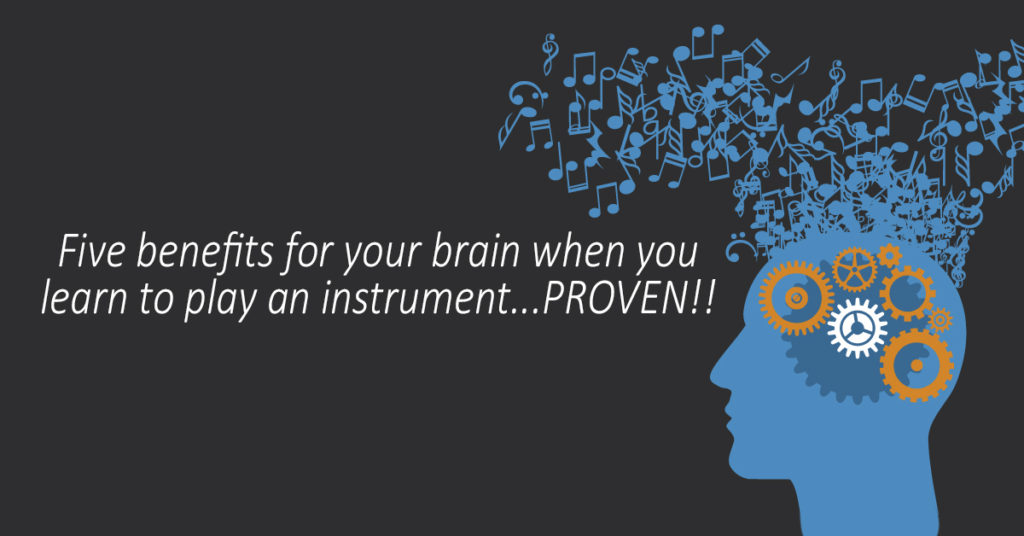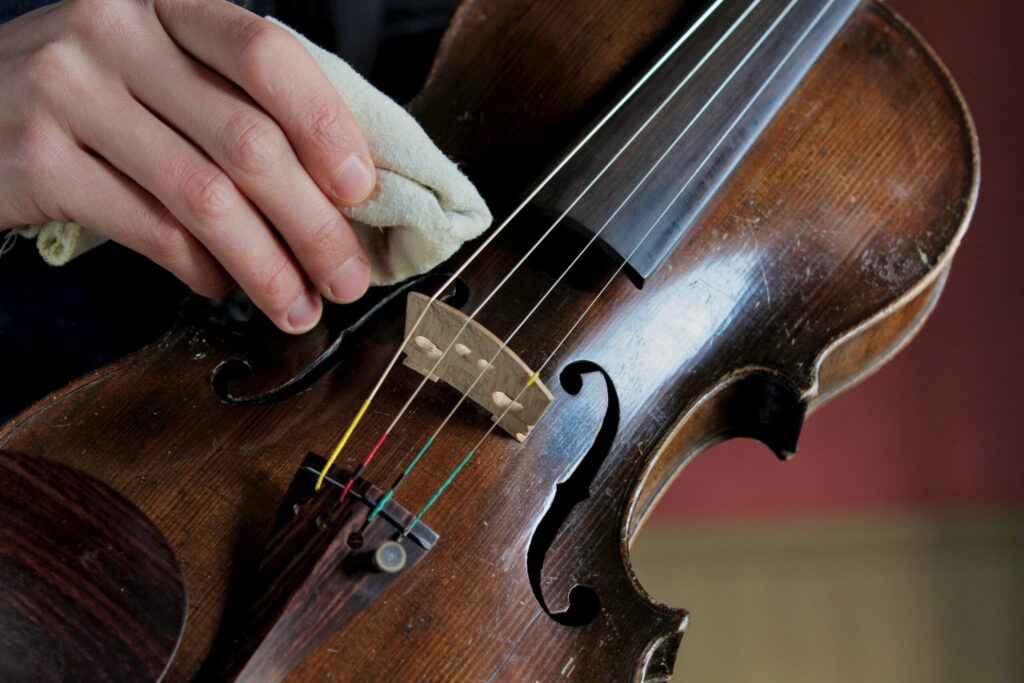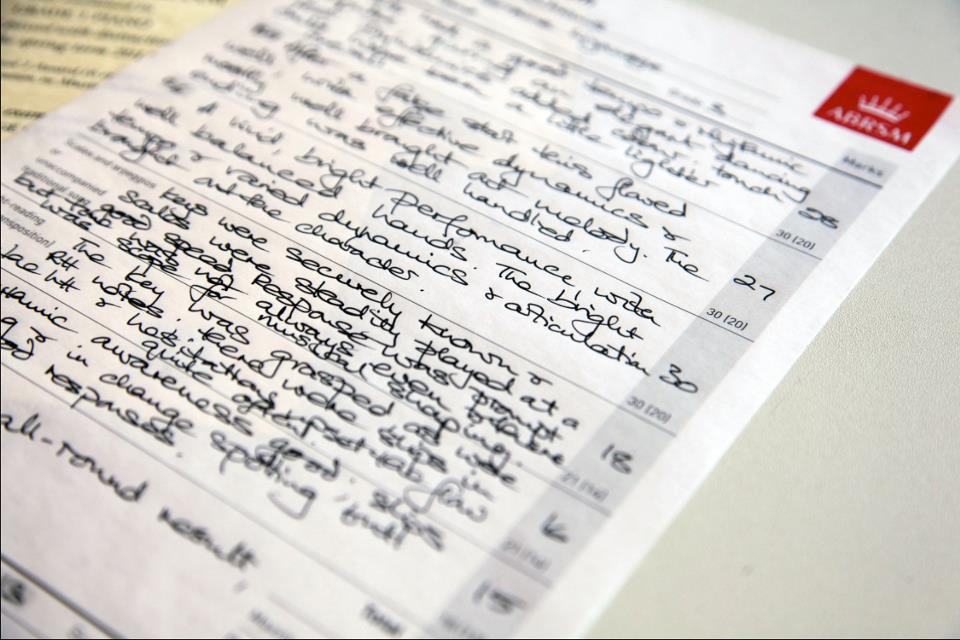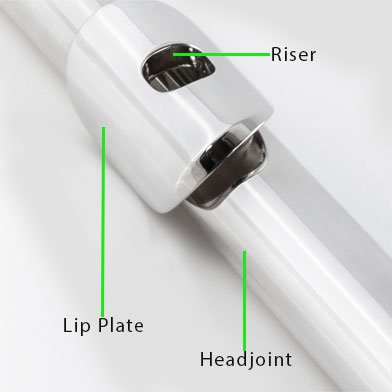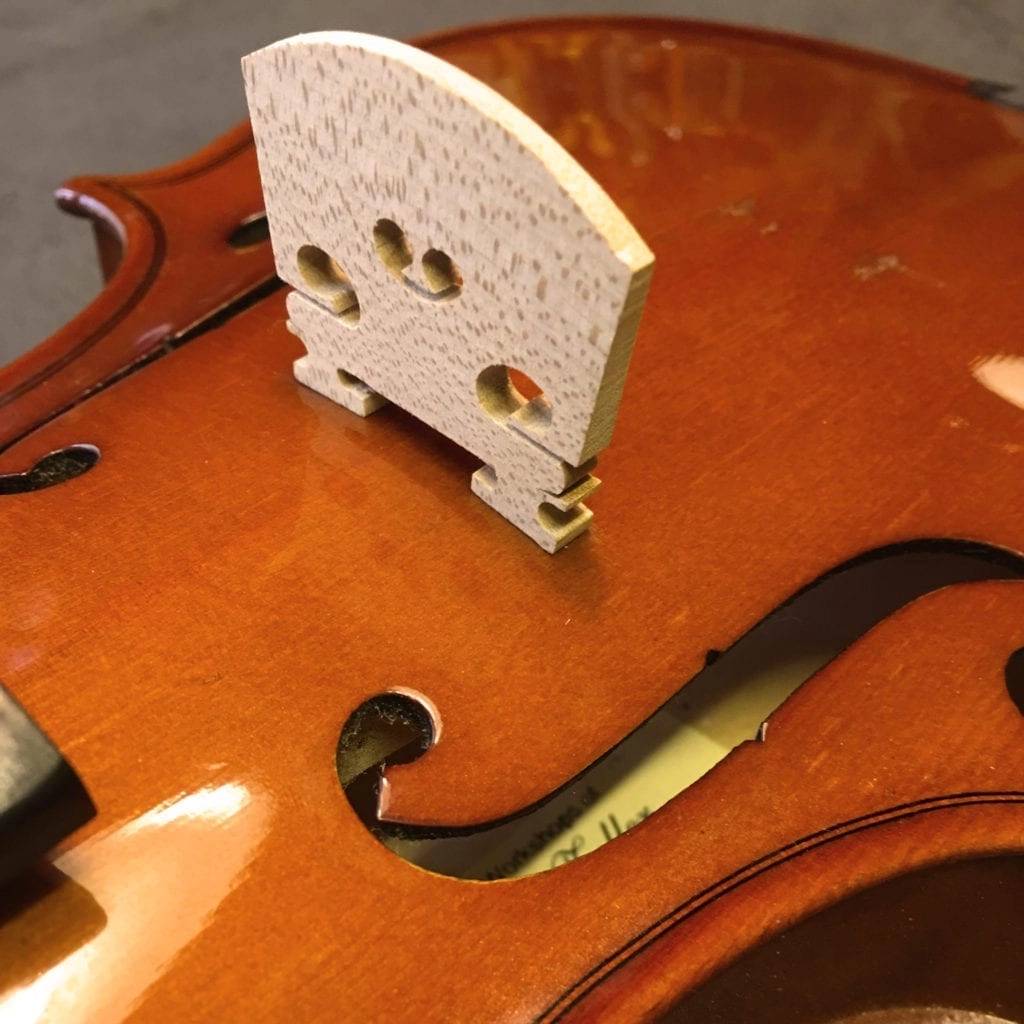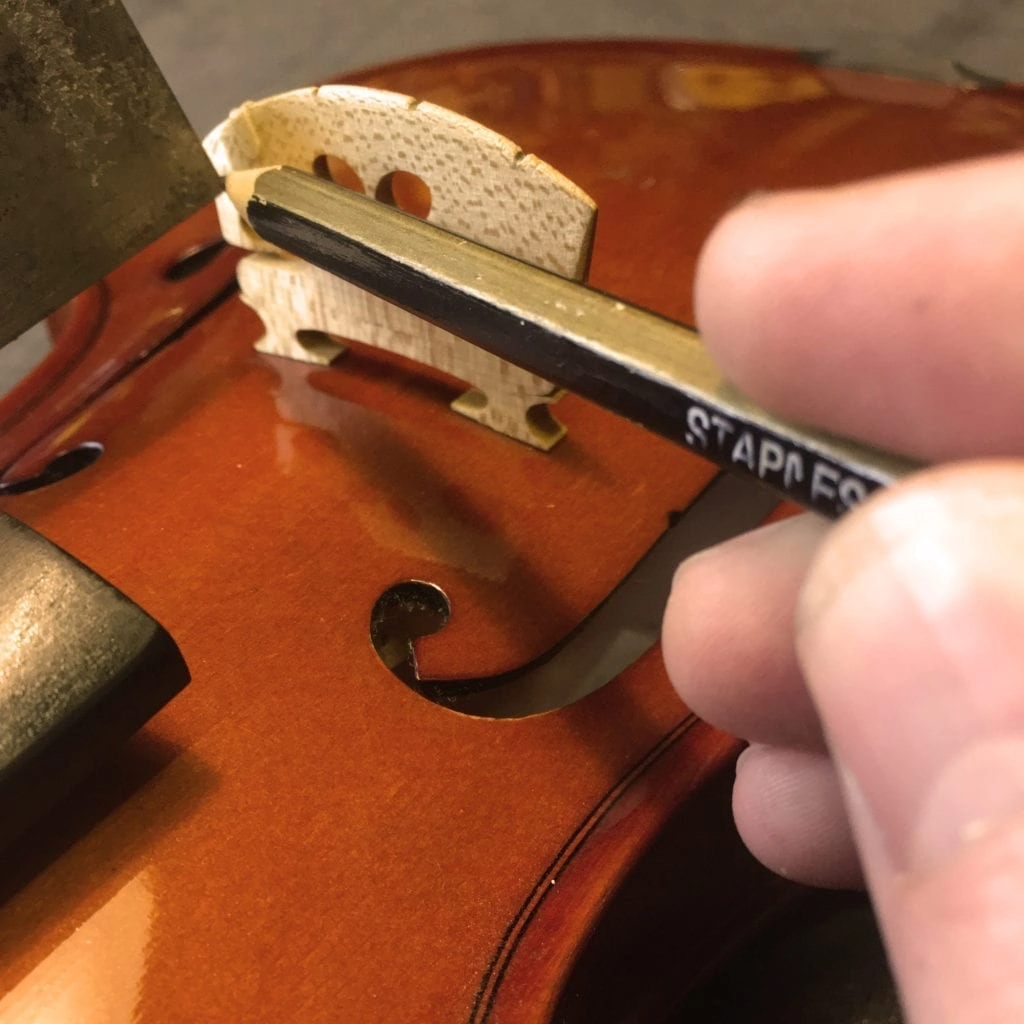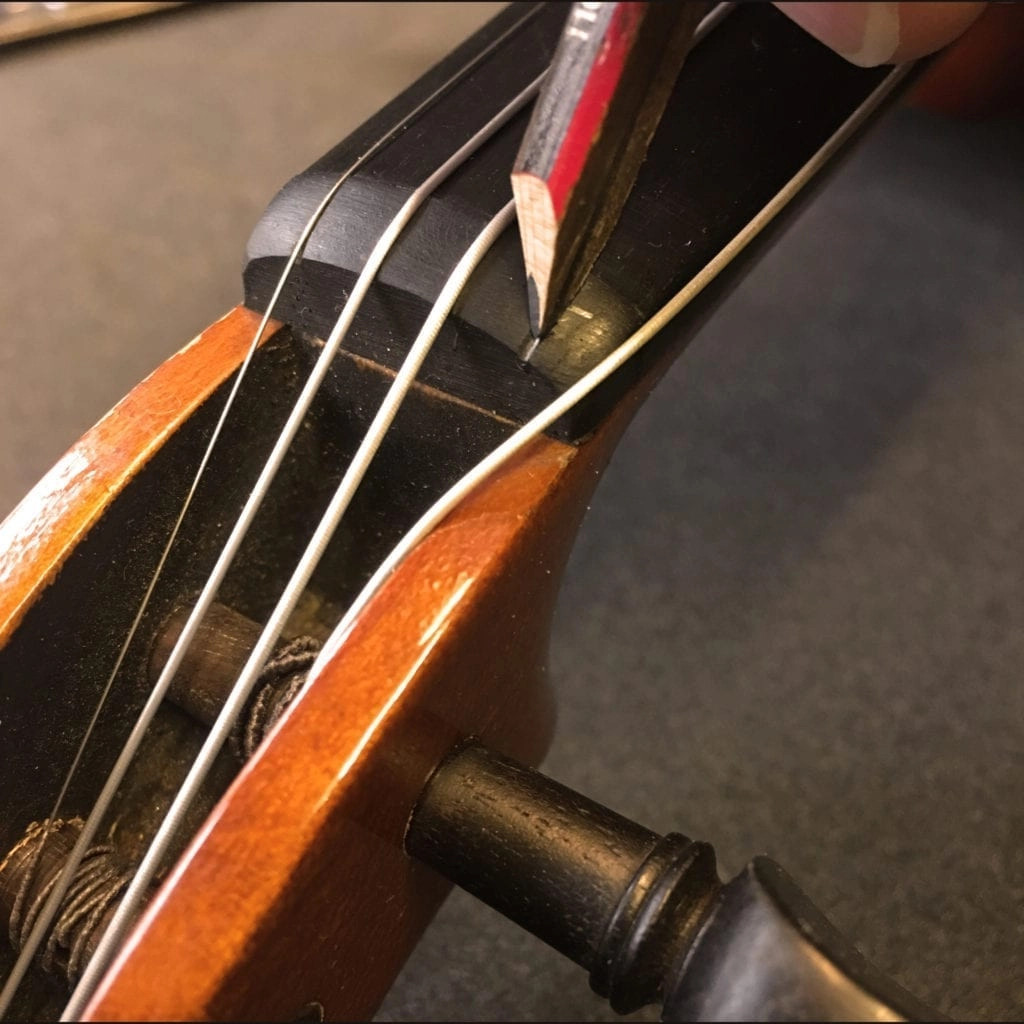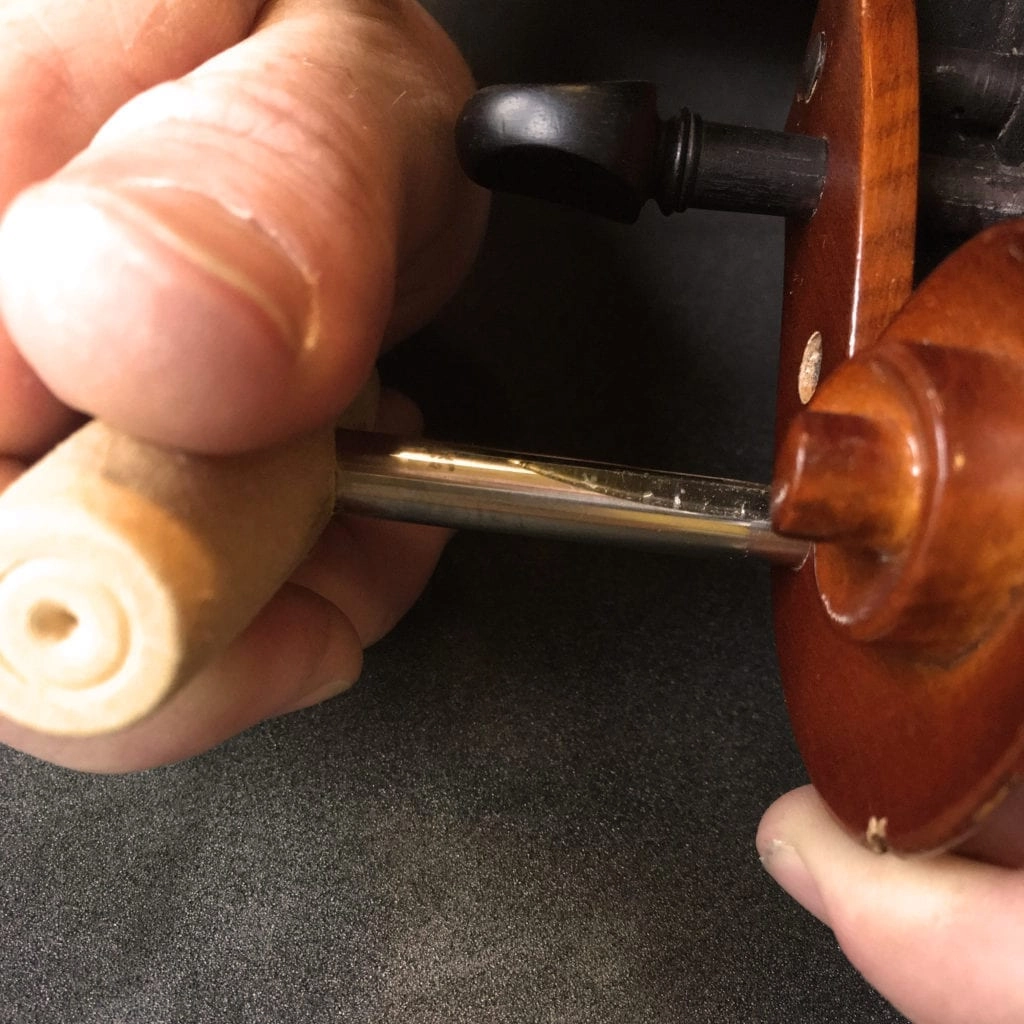1. Faster Processing in the Brain: Cognitive Function & Neural Processing.
To play an instrument, the child needs to learn the technique required and associate the playing action with it, and then execute both at once. Whilst reading music notation, the brain works at an advanced speed as he/she has to read, understand, remember and play it while processing the next notation.
As a child learns to play music, his/her brain learns to distinguish between very closely related sounds, called neurophysiological distinction. Neuroscience research has showcased that children involved in music especially when playing an instrument, have a larger growth of neural activity, i.e. they have to use their brain more. Studies have also found that these children have shown an improved capability to process speech and reading as their cognitive function increases.
2. Coordination and motor skills: Rubbing you stomach & patting your head, but harder!
What is it like to do two different motions with each hand at once? Doing a soft action with one hand while the other is moving rapidly is no easy task. That is what learning an instrument is. Playing an instrument requires great hand-brain coordination.
For stringed instruments, for example, guitar or violin, the left hand and the right hand perform two very different actions in sync to create music. Percussion instruments require great coordination between hands, arms, and feet to create the rhythm. This develops great coordination in children and improves their motor skills that can lead to ambidexterity.
3. Boosts Memory: The most highly developed part of the human brain.
Studies have proven that playing an instrument helps in developing the cerebral cortex at a faster rate. The process of learning a musical instrument stimulates various patterns in the brain, resulting in speeding up of the physical development of the brain. This helps not only in artistic pursuit but also in academic performances.
4. Comprehension skills: Training a child to read and comprehend quickly.
Playing music requires constant reading and processing. Whilst learning to play an instrument from notation, a child must concentrate on multiple things – identify a note and understand at which pitch to play it on their instrument, how long to hold it, what finger to use and how loudly or quietly to play it. They also need to identify if the note should be played short and crisp, or smooth and connected to the next note.
Studies and researchers have confirmed that this stimulates various parts of the brain in different configuration simultaneously, training the child to read and comprehend abstract concepts quickly. This easily translates into a child’s academic life, making the studying process efficient and productive.
5. Listening Skills: One of the prime skills required to be successful in life.
Playing in a group further enhances the listening skills as the pupil needs to listen carefully as to when it is their turn, and how to adjust their playing to sync with the rest of the performers. Additionally, studies have shown that playing from an early age actively helps in improving listening skills– one of the prime skills required to be successful in life.


